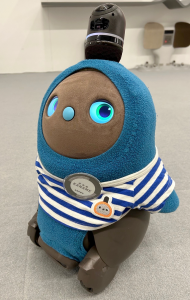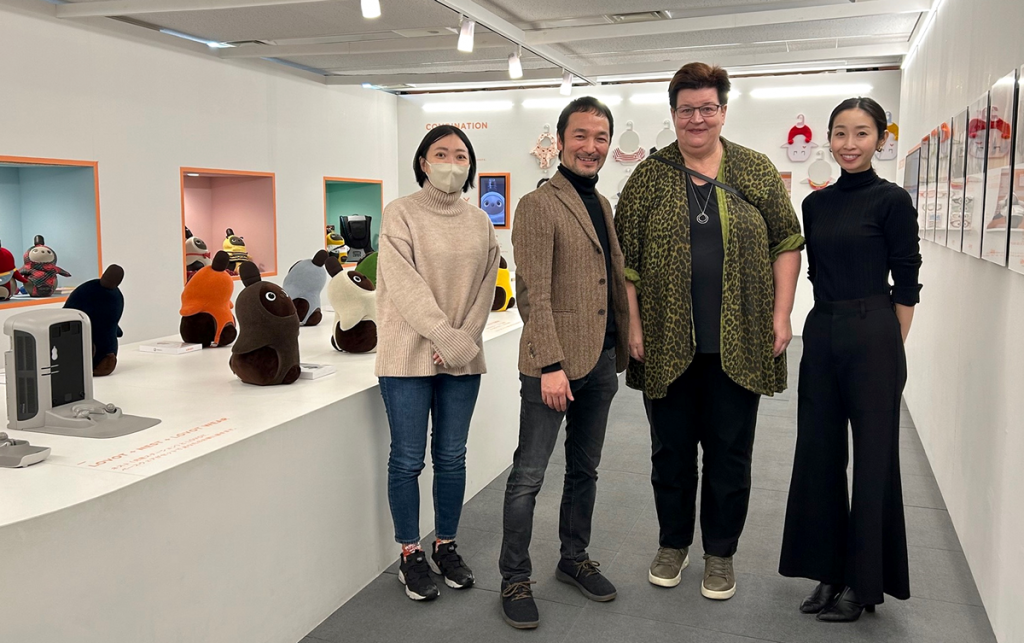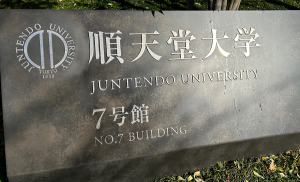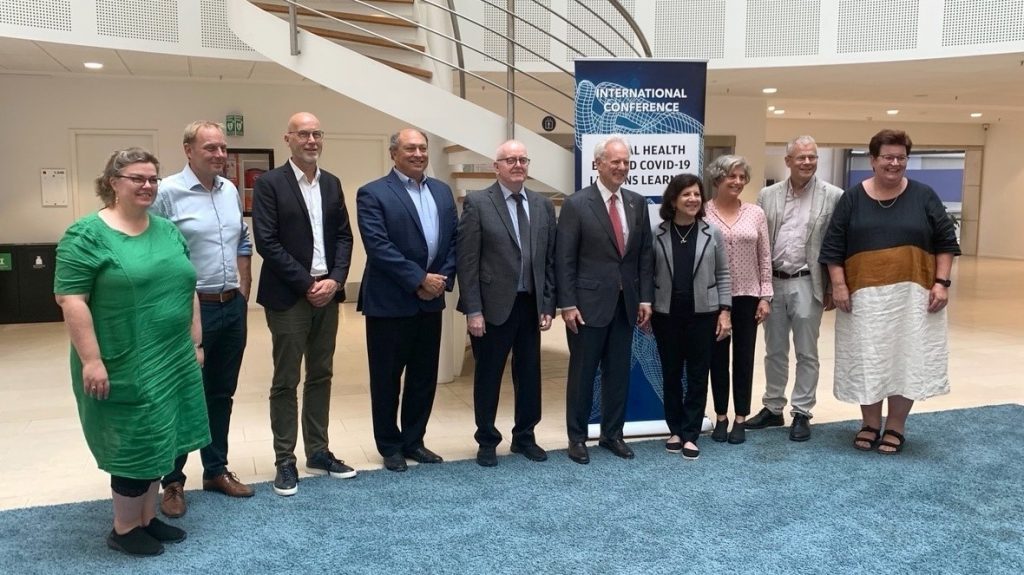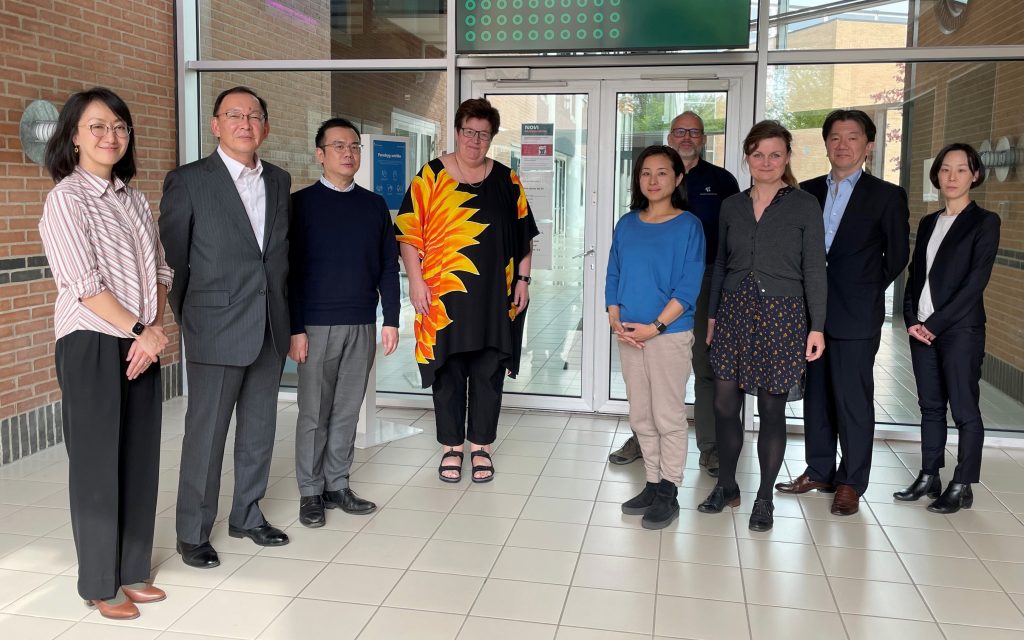The Potential Application of Commercially Available Active Video Games to Cardiac Rehabilitation
Background
Commercially available active video games (AVGs) have recently been used for rehabilitation in some specific patient populations but rarely in those with cardiovascular disease (CVD). Commercially available AVGs are designed to increase motivation for continuous play, which could be applicable to the long-term cardiac rehabilitation process.
Objective
To assess the effectiveness of AVG-induced physical exercise, safety management, and patient adherence by applying commercially available AVGs to cardiac rehabilitation.
Methods
Scoping review
Results
Among 120 nonduplicate articles reviewed, 5 (4.2%) were eligible for inclusion, of which 3 (2.5%) were reported by the same research group. The AVG consoles used were Xbox Kinect and Nintendo Wii, and sports-related programs were adopted for the intervention. No adverse cardiac events occurred in the identified studies, and dropout rates tended to be low.
Conclusions
AVGs appear to be safe and feasible for promoting an active lifestyle in patients with CVD. However, the effectiveness of AVGs alone as a therapeutic exercise to improve physical function may be limited.
Link to publication
